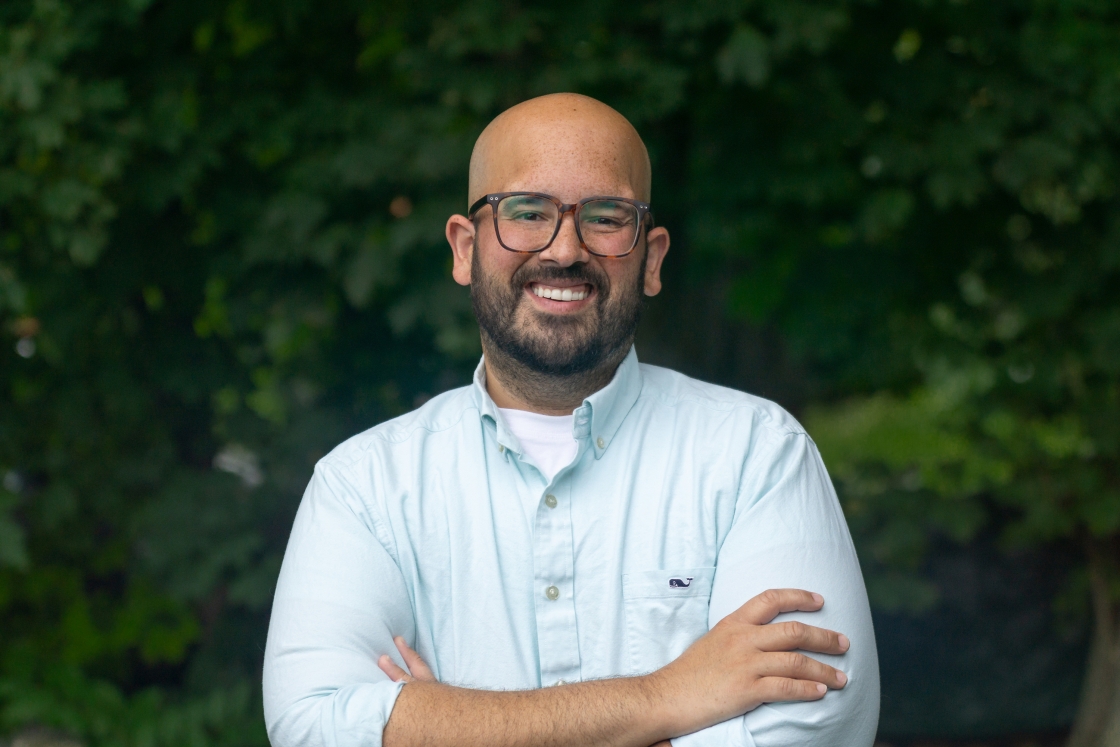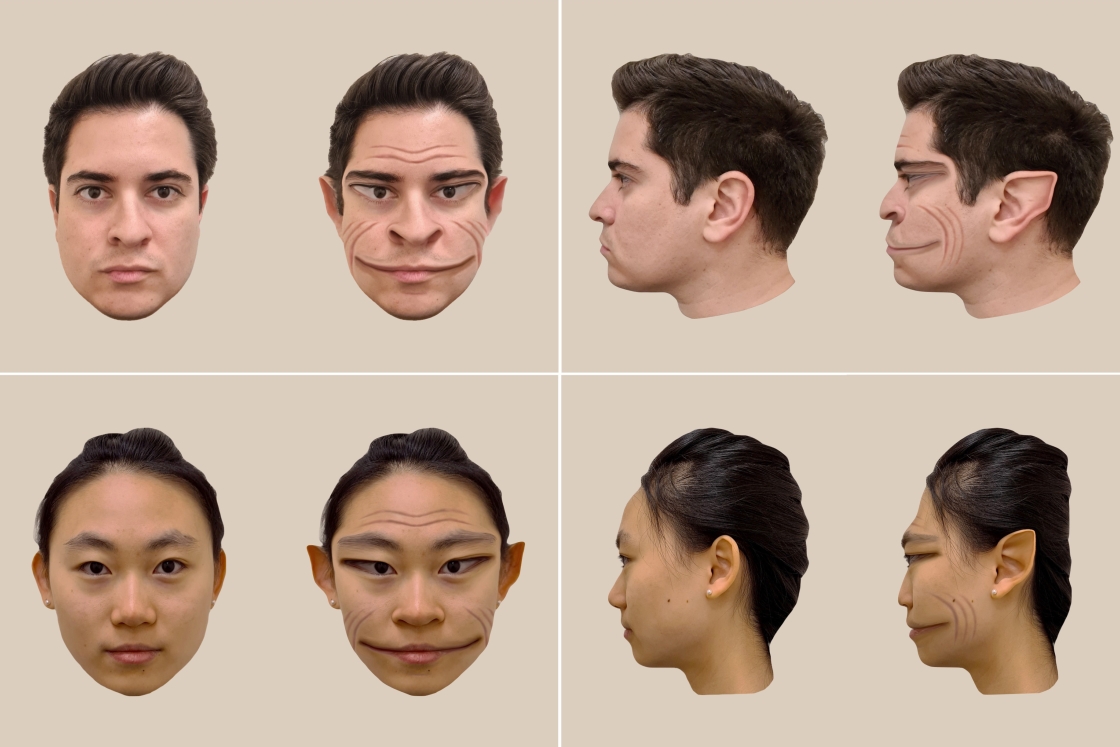July 12, 2017 – International experts on mercury will meet at the 13th International Conference on Mercury as a Global Pollutant (ICMGP 2017) in Providence, Rhode Island from July 16 to 21. The conference aims to share science and develop measures to decrease human and wildlife exposure to the poisonous metal.
With the theme of integrating mercury research and policy in a changing world, this year’s conference comes one month before entry into force of the Minamata Convention on Mercury. The global treaty requires countries to control new and existing mercury sources and to monitor the effectiveness of those controls.
“Mercury is a widespread global pollutant with impacts on human health largely through fish consumption,” said Celia Chen, co-chair of ICMGP 2017 and mercury project leader of the Dartmouth Toxic Metals Superfund Research Program. “Human activity is an important cause of mercury pollution and human health suffers because of it, so it is important to have scientific study, innovative management strategies and cooperation among all nations to reduce the negative impacts of mercury.”
Mercury is a complex contaminant and a known neurotoxin for humans and wildlife. Methylmercury, the more toxic form of the metal, increases in concentration as it moves up the food chain and is the cause of most mercury-related fish consumption advisories and wildlife impacts.
Mercury transport, transformations, bioaccumulation and exposure are affected by climate change, nutrient loading, land use, food web dynamics, human behavior and decision making. Concentrations of mercury in the environment have increased in the last century largely due to human activities such as coal combustion, chemical manufacturing and mining.
In the U.S., the implementation of the Mercury and Air Toxics Rule limits power plant emissions of mercury and other toxic air pollutants. In many countries, the use of mercury in artisanal gold mining is under investigation as the magnitude of associated mercury releases and effects have been underestimated.
Under the ICMGP 2017 theme, the conference will improve understanding of the complex factors that accelerate and reduce recovery from mercury contamination at local to global scales.
“We have made considerable progress in mercury regulations to control the release of this toxic metal, and efforts are underway at the local level to remediate mercury contaminated sites,” said Charles Driscoll, ICMGP 2017 co-chair and a professor of environmental systems engineering at Syracuse University. “At the same time, uncertainty remains over the levels of exposure linked to a range of effects of mercury on wildlife and human health. While these initiatives are important steps to mitigate mercury contamination, the extent and rate of recovery is unclear due to uncertainties in our understanding of mercury transport, cycling and trophic transfer and under changing climate.”
The Dartmouth Toxic Metals Superfund Research Program is an ICMGP 2017 co-sponsor. Chen will lead a one-day workshop on Sunday, July 16 that brings together mercury researchers and policymakers to integrate policy questions and science needs into four synthesis papers, which have been based on the meeting themes of the conference. The papers will be published in a special section of the journal Ambio.
A widely-recognized expert on the fate and effects of metal contaminants in aquatic food webs both in freshwater and estuarine ecosystems, Chen is also the leader of the research translation core for the Dartmouth Toxic Metals Superfund Program and is a research professor of biological sciences at Dartmouth College.
“By providing the opportunity for face-to-face communications between mercury science experts and national and international policymakers, this workshop encourages a dialogue to address the questions policymakers need answered by scientific research,” said Chen.
The ICMGP Executive Committee is responsible for the organization of the conference and is comprised of: Kimberley Driscoll, Syracuse University; David Gay, University of Illinois; Betsy Henry, Anchor QEA; Robert Mason, University of Connecticut; Noelle Selin, Massachusetts Institute of Technology; and Marcella Thompson, University of Rhode Island.
Journalists wishing to attend ICMGP should contact: Mercury2017@agendamanagers.com
Celia Chen can be contacted at: celia.y.chen@dartmouth.edu
Charles Driscoll can be contacted at: ctdrisco@syr.edu

